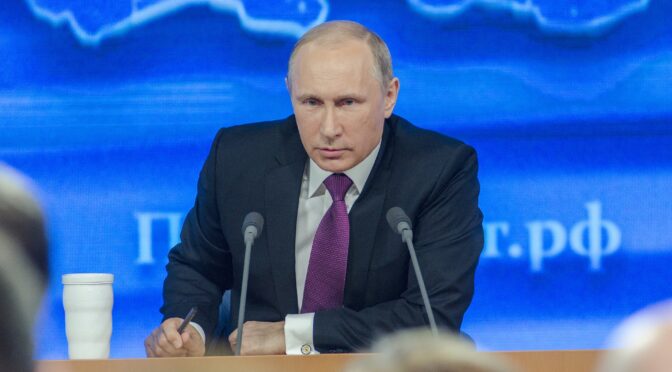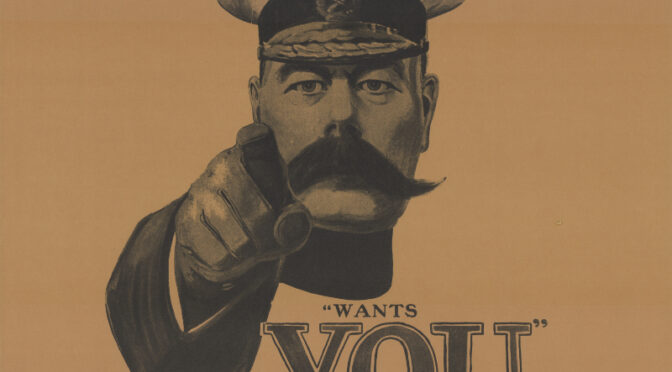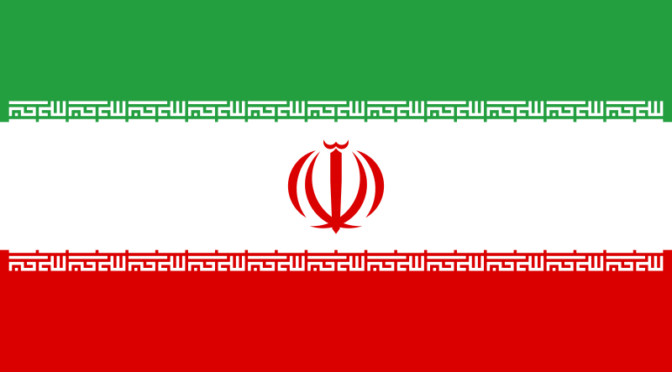Article published by Israel Hayom, 1 April 2018. © Richard Kemp
Are we no longer allowed heroes? The 2017 film Churchill is nothing less than a character assassination of the man who led Britain to victory in World War II. The movie 7 Days in Entebbe, released last week in Israel, gives similar treatment to the hero of the dramatic rescue, Lieutenant Colonel Yoni Netanyahu. The film is based on a book about the raid by the distinguished British historian Professor Saul David.
Incredibly, in an interview last week, David seemed to suggest that the German terrorists at Entebbe played a greater role than Netanyahu in saving the hostages’ lives. He claims they had second thoughts, deliberately sparing the hostages when they could have killed them.
Why? Because they had developed empathy for their captives and ‘it wouldn’t have looked good for Germans to kill Jews again, after the Holocaust’. Look good to whom? It doesn’t add up. They had seized Jewish hostages at gunpoint, conducted a ‘selection’ chillingly reminiscent of Auschwitz, and were members of a rabidly anti-Semitic terror group, the Revolutionary Cells.
Meanwhile, David dismisses Netanyahu, claiming his research shows he ‘was not a central figure in the planning of the operation’. Yet Netanyahu’s Sayeret Matkal comrades who were there describe him as ‘the father of the operation’, confirming that he did in fact plan the rescue in meticulous detail after being given orders by Brigadier General Dan Shomron, the overall commander, to take over the airport terminal and release the hostages.
In trying to second-guess Netanyahu’s actions at Entebbe, David shows that even the most assiduous academic cannot necessarily perceive the reality of close military combat. He says: ‘Ultimately, the operation succeeded thanks to luck more than anything else.’ This is blatantly wrong. But David should not be surprised that luck played a part. Anyone who has experience in battle knows how crucial it is – one of the most successful commanders of World War II, General George S. Patton, even nicknamed his US 3rd Army ‘Lucky’.
Combat is all about creating luck and getting on top of chaos. As we say in the British Army, no plan survives contact with the enemy. Continue reading








 Interview published in Majalla, 3 November 2017
Interview published in Majalla, 3 November 2017